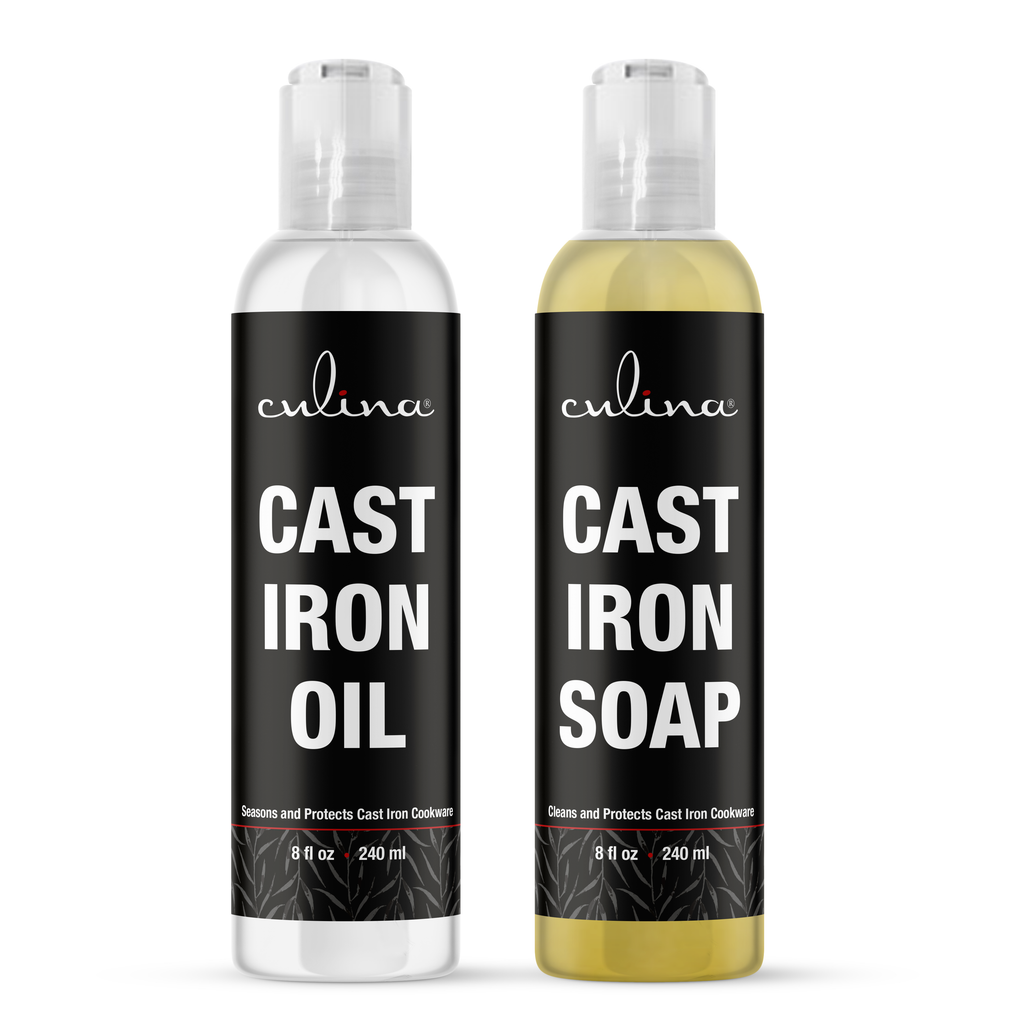Why is Olive Oil So Expensive? The Hidden Reasons Explained
Have you ever found yourself staring at a bottle of olive oil, wondering why is olive oil so expensive? It seems like a simple cooking ingredient, yet high-quality olive oil can come with a hefty price tag. For beauticians, understanding the cost factors surrounding olive oil can aid not only in its savvy usage but also in providing sound advice to clients on its benefits in skincare and health.
In this article, we will dive deep into the factors that influence the cost of this precious oil, particularly focusing on its significance in beauty and wellness. Whether you're recommending olive oil for hair treatments or skin hydration, it's essential to know what contributes to its high price.

The Art of Olive Oil Production
The process of producing high-quality olive oil is an art that demands meticulous attention to detail. From the harvesting of olives to the extraction methods, each step plays a crucial role:
- Harvesting: Olives must be harvested at the right time to ensure flavor and quality. This usually requires manual picking, which is labor-intensive.
- Processing: The extraction methods for producing olive oil vary, and traditional methods often result in superior quality but are time-consuming and expensive.
- Quality Control: Strict quality control measures must be in place for artisanal olive oil producers, contributing to higher costs.

Types of Olive Oil and Their Costs
Understanding the different types of olive oil can clarify why some are more expensive than others. The most common types include:
- Extra Virgin Olive Oil: This is the highest quality olive oil with the most flavor and health benefits. Cold-pressed and made from the first pressing of the olives, its production is often more costly.
- Virgin Olive Oil: Slightly lower in quality than extra virgin, but still made from the first pressing. It is less expensive while retaining some beneficial properties.
- Pure Olive Oil: A blend of virgin and refined oils, it's typically cheaper and milder in flavor. However, its health benefits are significantly lower.
For beauticians focusing on natural skincare products, recommending high-quality extra virgin olive oil is key due to its rich antioxidant and moisturizing properties.
:max_bytes(150000):strip_icc()/olive-oil-smoke-point-2000-5cb8e2f7f4a244f2ba3323d23ceaff07.jpg)
Market Demand and Supply Factors
The demand for olive oil globally has skyrocketed, driven by its health benefits and culinary uses. The rising awareness around healthy eating has resulted in more people incorporating olive oil into their diets, thus increasing its market value.
Supply challenges also affect prices. Factors such as climate change, pests, and diseases can lead to reduced olive production, significantly driving up prices.

Health Benefits and Skincare Uses of Olive Oil
As a beautician, you may often recommend olive oil due to its multifaceted health benefits:
- Moisturizing Properties: It hydrates skin effectively, making it a fantastic natural moisturizer.
- Rich in Antioxidants: These can fight free radicals, slowing down the aging process of the skin.
- Healthy Fats: When ingested, the healthy fats promote cardiovascular health.
For an interesting read on how many calories are in olive oil, you can refer to this article.
Regional Influences on Price
Different regions produce varying qualities and prices of olive oil:
- Mediterranean Regions: Countries like Italy and Spain are known for their high-quality olive oils but face competition and demand that can inflate prices.
- Global Markets: The international market fluctuates based on local conditions, trade regulations, and global demand.
Conclusion: Worth the Investment?
While the cost of high-quality olive oil may seem overwhelming, its myriad benefitsespecially in beauty and wellnessoften justify the price. For beauticians, recommending natural products like olive oil can set you apart in your approach to skincare.
In conclusion, next time you ponder why is olive oil so expensive, remember that its rich history, labor-intensive production, and numerous health benefits contribute to its valuation. It's not just an oil; it's a lifestyle.
For further insights, check this guide on cleaning kitchen to understand the use of olive oil in kitchen hygiene.
FAQs
1. Is all olive oil expensive?
No, there are various types of olive oil with different price ranges. Extra virgin olive oil is usually the most expensive.
2. Can I use cheaper olive oil for skincare?
While cheaper olive oils can still provide some benefits, extra virgin olive oil is recommended for optimal skincare effects.
3. Does olive oil expire?
Yes, olive oil can go rancid over time, so it is advisable to check the expiration date and store it properly.
As an Amazon Associate, I earn from qualifying purchases.

